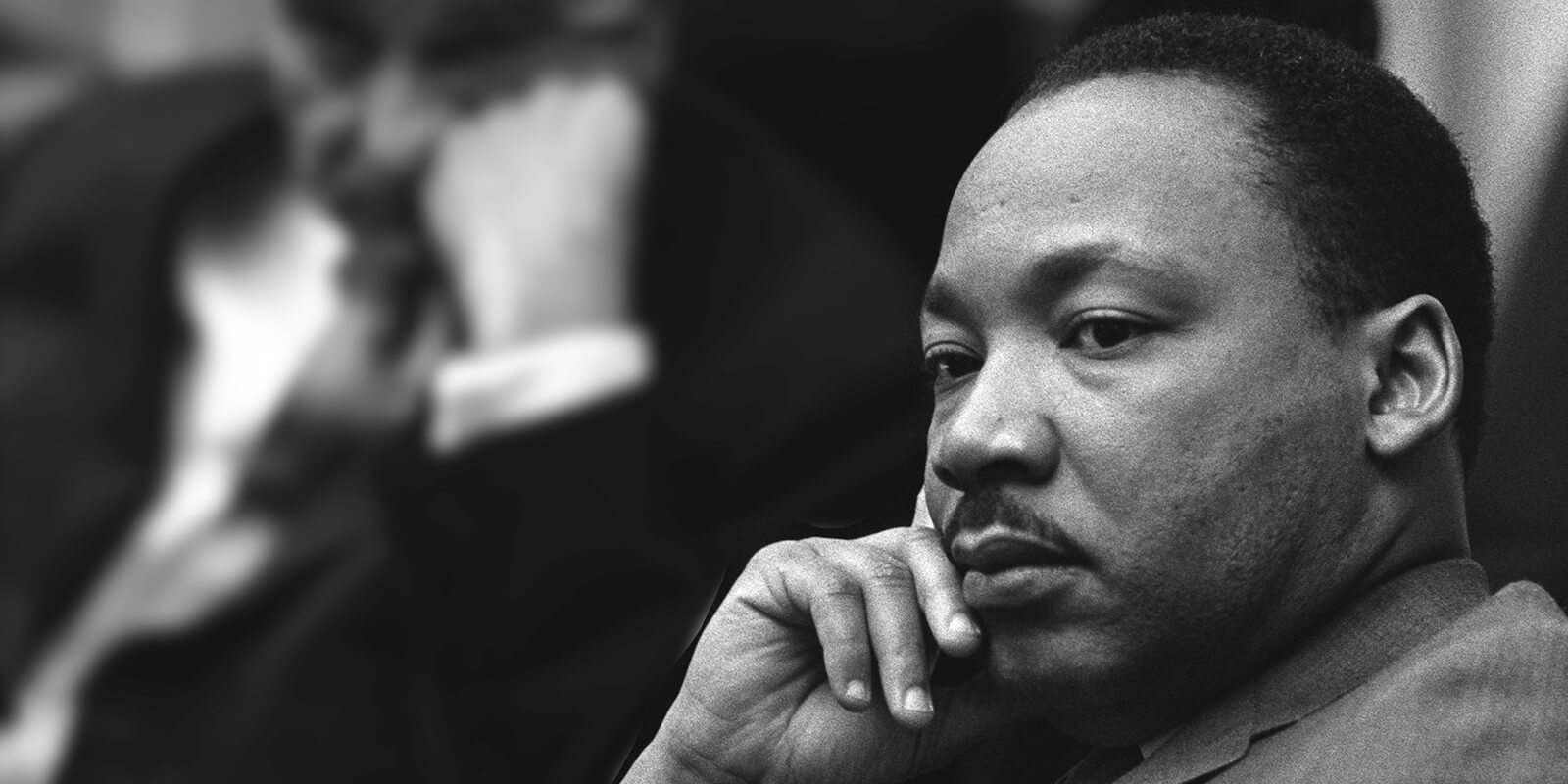Editor’s note: This is an excerpt of a column that appears on TheGrio. To read the entire column, visit TheGrio.
“So long as I do not firmly and irrevocably possess the right to vote I do not possess myself,” Dr. Martin Luther King Jr. once said. “I cannot make up my mind – it is made up for me. I cannot live as a democratic citizen, observing the laws I have helped to enact – I can only submit to the edict of others.”
In 1965, thanks in large measure to Dr. King’s moral leadership, the Voting Rights Act was signed into law by President Lyndon Johnson, finally giving millions of African Americans the most fundamental right in a self-governing society – the right to choose our elected representatives, instead of submitting “to the edict of others.”
But now, in 2022, as we prepare to honor Dr. King on his birthday, voting rights are under siege.
Last year alone, 19 states passed 34 laws restricting access to the ballot box and silencing the voices in particular of communities of color, voters with disabilities, young people and other historically underrepresented groups. The powerful forces behind these laws have made a ruthless calculation. They know that they can’t win on the merits, that their agenda doesn’t have enough public support to win fair and square, so they are rigging the system instead.
